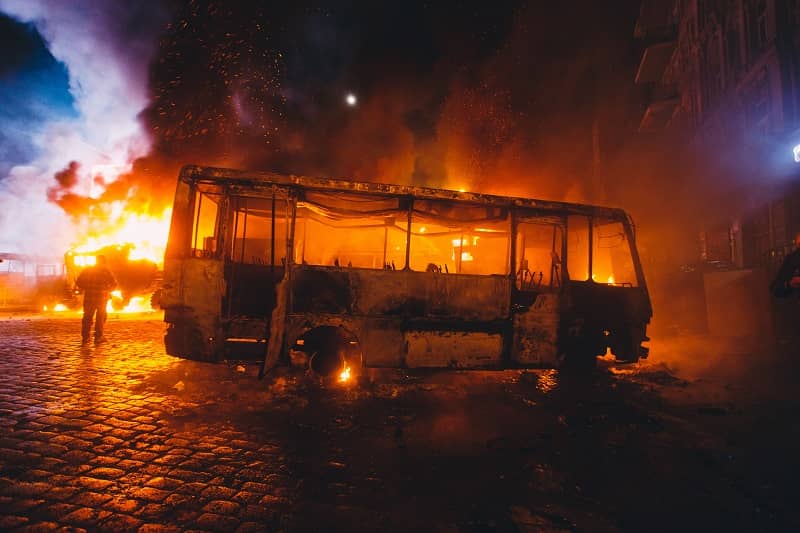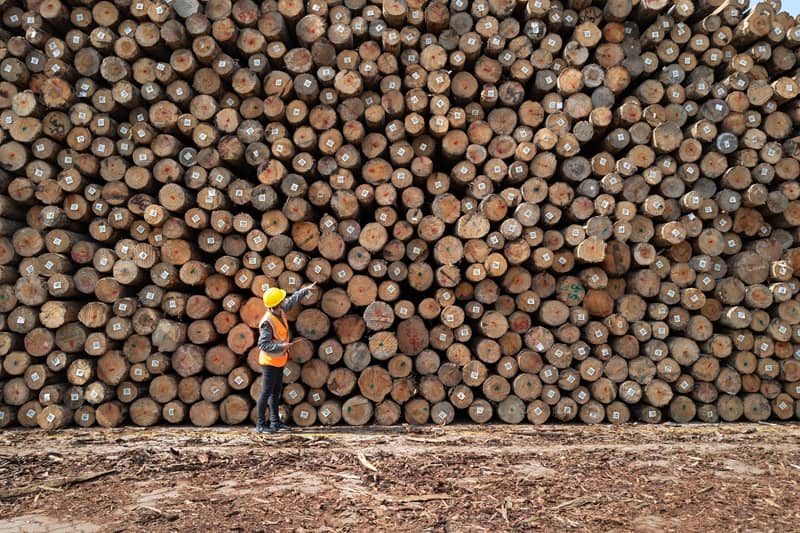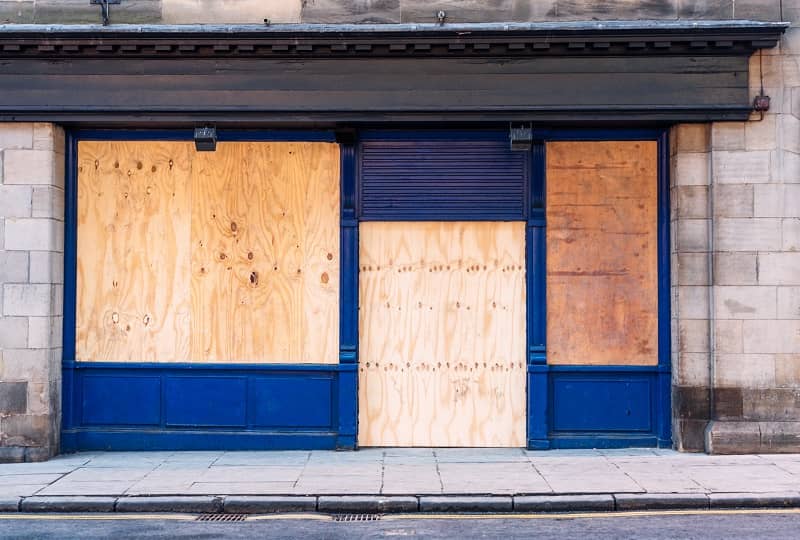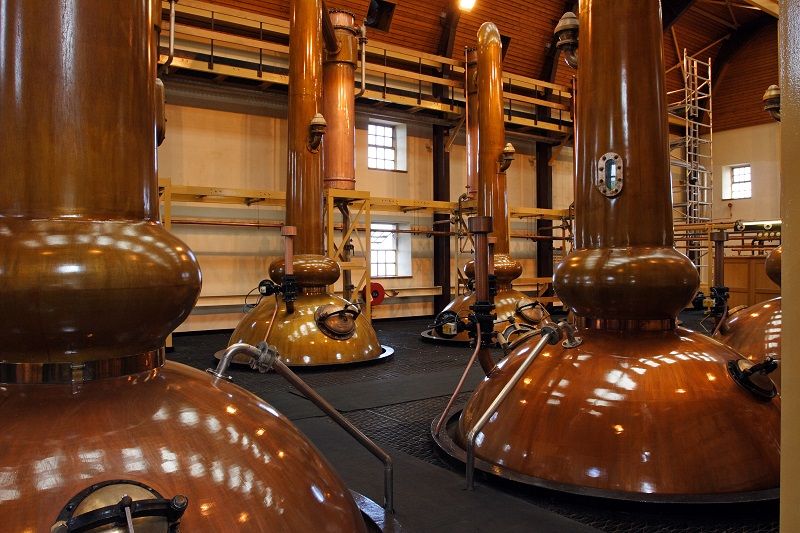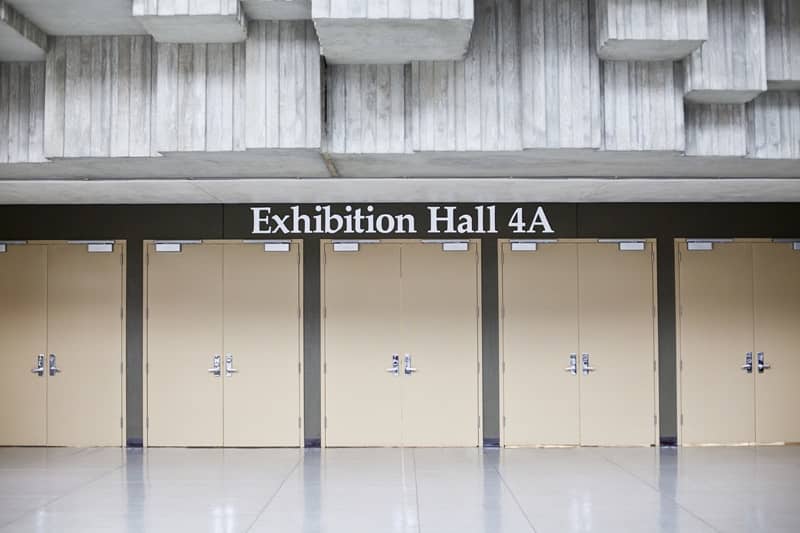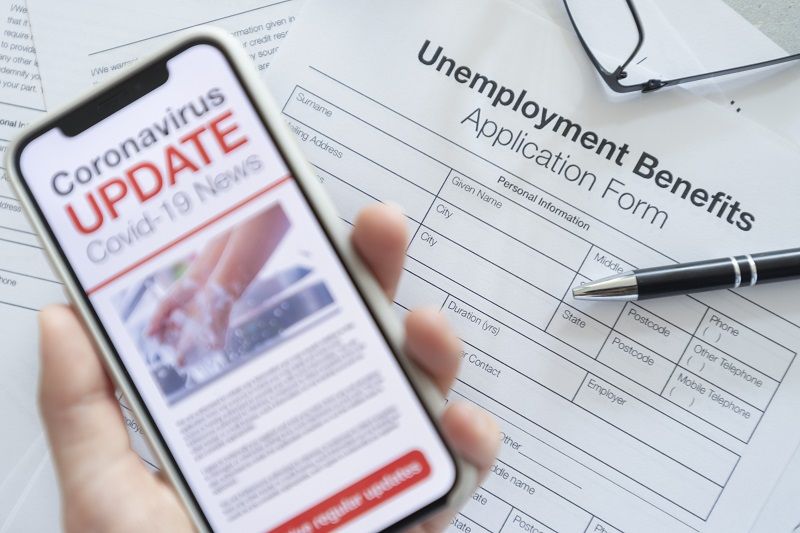It’s clearly a stretch to describe Portland as a communist city, but there is an eerie similarity between Portland and the real communist city of Havana.
Portland-based independent journalist Michael J. Totten recently traveled to Cuba to see for himself the Havana that most tourists never see. He published his fascinating account in a long column he titled “The Last Communist City.”
He explains what happens when “…one of the world’s richest countries…rather than rais[ing] the poor up…shoved the rich and the middle class down. The result was collapse.”
Among his many insights are these:
- “In the United States, we have a minimum wage; Cuba has a maximum wage—$20 a month for almost every job in the country.”
- “As for the free health care, patients have to bring their own medicine, their own bedsheets, and even their own iodine to the hospital.”
- “Leftists often talk about ‘food deserts’ in Western cities, where the poor supposedly lack options to buy affordable and nutritious food. If they want to see a real food desert, they should come to Havana.”
Coincidently, last week The Oregonian published an editorial critical of Portland’s almost fanatical (my word, not theirs) anti-Walmart policies.
I couldn’t help thinking that Totten’s insights about Havana should stand as a warning to those who support so-called social-investment and related policies in “progressive” Portland.
Read Totten’s column and then ask yourself whether Havana residents wouldn’t be much better off with a Walmart, or any similar store, in their midst.
Steve Buckstein is founder and Senior Policy Analyst at Cascade Policy Institute, Oregon’s free market public policy research organization.
